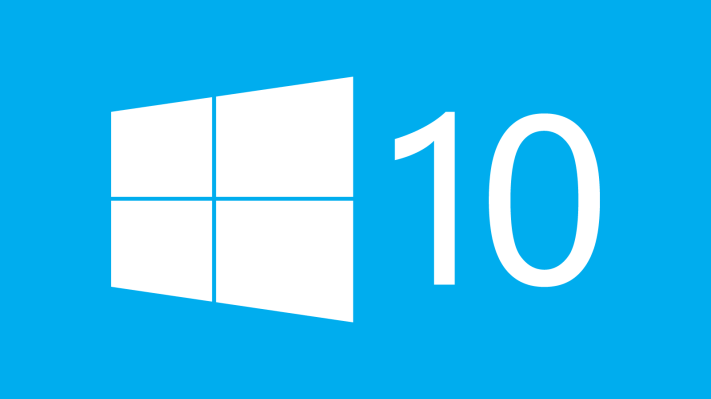Let’s get this over with as fast as we can. Internet Explorer is not dead. Instead, it’s something akin to Schrödinger’s browser: don’t call it fully alive or fully dead.
If that made no sense, welcome to technology. Here’s the gist: Microsoft is working on a new browser, currently codenamed ‘Project Spartan.’ It will ship with Windows 10, the company’s next operating system that is currently under construction and undergoing public testing.
At the same time, Microsoft has promised to support Internet Explorer in Windows 10. From a January blog post written by the company:
We recognize some enterprises have legacy web sites that use older technologies designed only for Internet Explorer, such as custom ActiveX controls and Browser Helper Objects. For these users, Internet Explorer will also be available on Windows 10. Internet Explorer will use the same dual rendering engines as Spartan, ensuring web developers can consistently target the latest web standards.
As such, we have known for some time that Internet Explorer, while seeing its cornice eclipsed, is hardly extinct.
Enter today. Here’s Microsoft’s Chris Capossela on Spartan, as quoted by The Verge (formatting ours):
We’re now researching what the new brand, or the new name, for our browser should be in Windows 10. We’ll continue to have Internet Explorer, but we’ll also have a new browser called Project Spartan, which is codenamed Project Spartan. We have to name the thing.
You can read that in a number of ways. The Verge read it to mean that Internet Explorer is going away, stating that Microsoft is “killing off the Internet Explorer brand” in its headline. That, to the extent of my knowledge and a plain reading of the quotes, is true, but is also a pretty future-focused statement.
Let’s presume for the moment that Microsoft strips Internet Explorer out in consumer builds of Windows 10, shipping only Spartan to the normals. And, in this construct, enterprise-focused builds of the operating system ship with both, allowing for legacy support, and also the inclusion of the newest Microsoft tech. Is Microsoft in our fabricated example deleting the Internet Explorer brand? Yes, to an extent, and not immediately.
As such, the browser will live on, but on a descent path to the leftover heap of formerly industry-leading software applications. That doesn’t take into account support for previous Internet Explorer builds for users not yet on Windows 10, which will remain under support. That solidifies the point.
So it’s not dead, but it’s not particularly alive. Consider Internet Explorer more akin to Neil Gaiman’s character Laura in American Gods.
